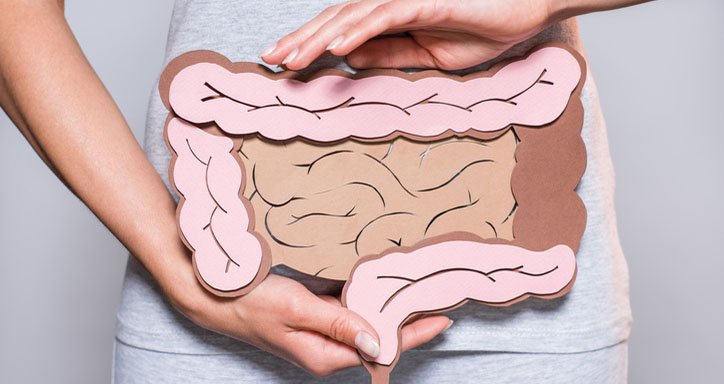Colorectal Cancer

Did you know that the American Cancer Society (ACS) changed its screening recommendations to 45 years of age in 2018? If you're 45 years and older, you should be talking to your doctor about scheduling your screening.
What We Offer You for Your Colorectal Health
- Expertise from doctors who are board certified in Gastroenterology and specialize in identifying and treating precancerous polyps as well as other colorectal diseases.
- Thorough evaluations with a focus on your needs and comfort
- Access to experts in both surgery and cancer treatment
- Advanced treatment options including minimally invasive procedures and surgery
Schedule an appointment at our location
Colonoscopy
 When to See a Doctor
When to See a Doctor
Talk to your physician if you experience:
- changes in stool
- rectal bleeding
- abdominal pain
- unexplained weight loss
A colonoscopy is considered to be the gold standard when it comes to colorectal cancer screenings and are recommended every 10 years. During a colonoscopy screening your gastroenterologist will use a tiny camera to view your entire colon, checking for lesions, abnormalities and polyps. If any are found during the screening, they are removed during the procedure and biopsied in pathology. This allows for us to remove tissue that could have the potential to develop into cancer down the road.
The day before the test you will be provided with a kit to help prepare and cleanse your colon for the screening. A colonoscopy is an outpatient procedure done in our Endoscopy Suite. You are made comfortable and sedated during the procedure. Because of the sedation, someone needs to drive you home and be with you during recovery.
Other Screening Options
Highly Sensitive Fecal Immunochemical Test (FIT)
This test can be done at home through a kit ordered by your doctor. From the samples collected, the test will look for hidden blood in your stool. This test must be done every year. If your results are positive, your doctor will have to test further.
Guaiac-based fecal occult blood test (gFOBT)
This is another stool based test that can be done at home. Your doctor can order the kit for you. This test looks for blood in the stool through a chemical reaction. If you opt for this screening, you'll be advised to avoid certain medications and foods before completing the test as they may affect the results. If the test comes back positive, your doctor will have to conduct further tests.
Multitargeted stool DNA test (MT-sDNA)
This test can be done at home through a kit provided by your doctor. The test looks for abnormal sections of DNA from cancer or polyp cells as they may be present in the stool. This test is recommended to be done every three years. If the test is positive, your doctor will need to do a colonoscopy.
Flexible Sigmoidoscopy
This test can be done at home through a kit provided by your doctor. The test looks for abnormal sections of DNA from cancer or polyp cells as they may be present in the stool. This test is recommended to be done every three years. If the test is positive, your doctor will need to do a colonoscopy.